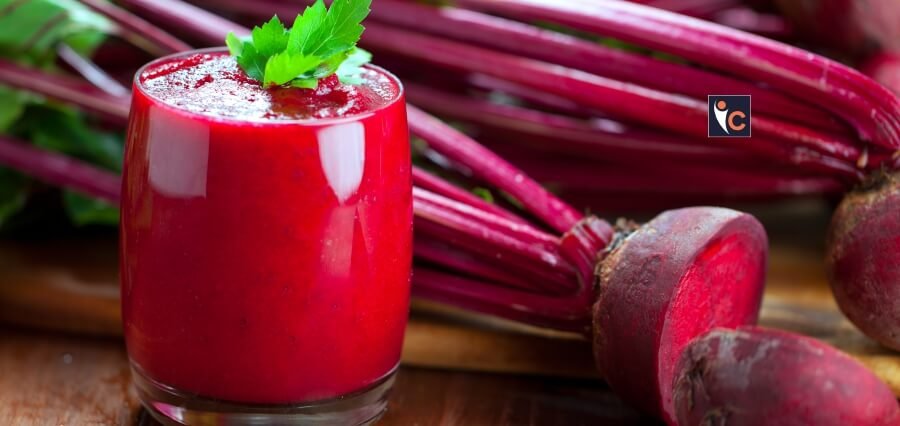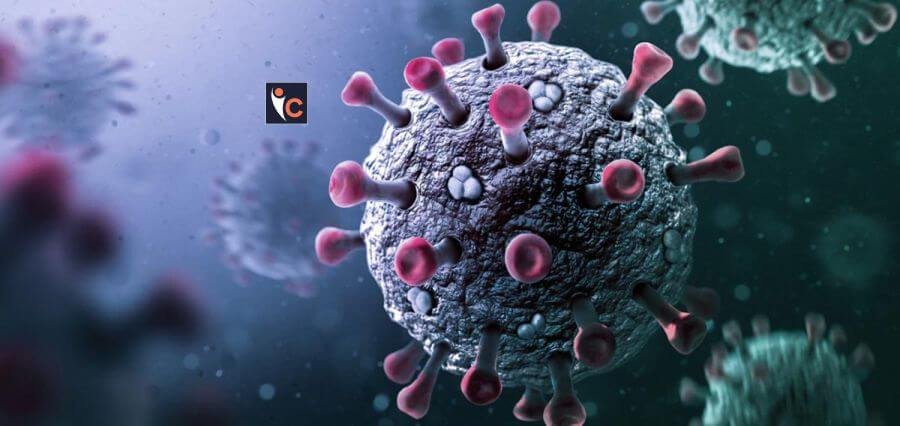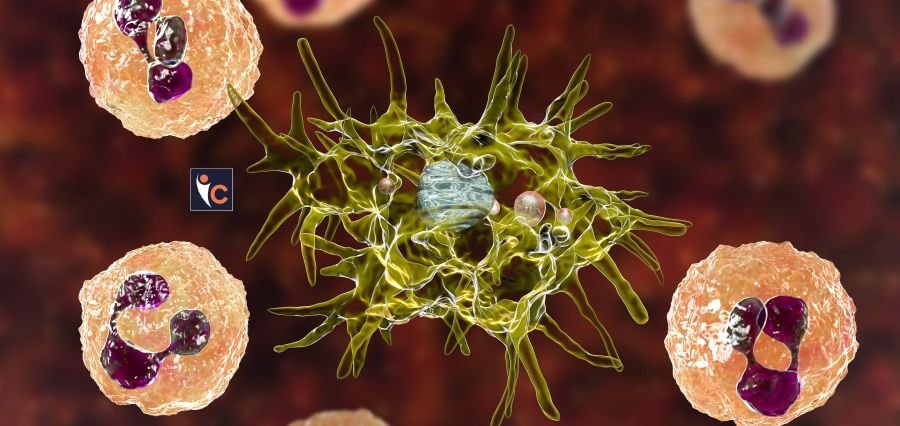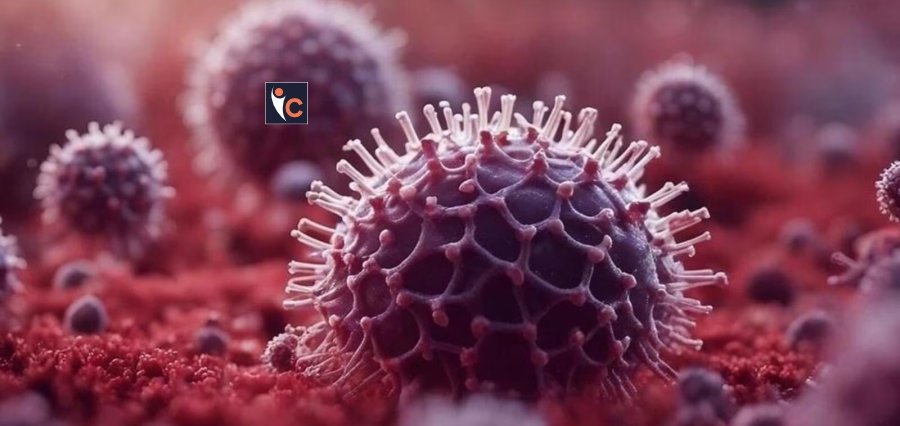Vitamins, minerals, and antioxidants have long been associated with beetroot, a vegetable known for its vivid color and earthy taste. Recent studies, however, have demonstrated that it may be an additional nutritional component of traditional diabetic care.
Nitrates found in beets can be converted into nitric oxide, which aids in blood vessel dilatation and may help regulate blood pressure—a vital component for those with diabetes. Additionally, they are a good option for controlling blood sugar levels because to their low glycaemic index. Dietary fibre helps with glycaemic management and improves digestive health, both of which are critical for diabetics.
They are a good source of manganese, which aids in blood sugar stabilization and is necessary for the synthesis of insulin.
Research indicates that betalains and phenolic compounds, two types of bioactive compounds found in beets, may have anti-inflammatory and antioxidant qualities. These qualities could help lower inflammation and oxidative stress, two things that diabetes patients frequently experience worsening. Additionally, preliminary studies have suggested that beet eating may improve insulin sensitivity; however, more thorough research is necessary to validate these findings.
Because beetroot contains alpha-lipoic acid, this vegetable can help persons with diabetes reduce consequences such as nerve and eye damage. Beetroot has the added benefit of raising your haemoglobin levels. Beets contain betacyanin, which inhibits the growth of tumours.
The secret is moderation, particularly for those who have diabetes. A half to cup of cooked beets or an equivalent quantity in raw form is usually considered a suitable portion size. To prevent abrupt increases in blood sugar, it is crucial to take into consideration the carbohydrate content, which is about 15 grams per cup of cooked beets, and fit it into the entire meal plan.
Daily consumption ought to be in line with each person’s unique dietary needs and balanced with other meals high in nutrients.
Consuming beets may not be appropriate for everyone, particularly in certain situations or health conditions:
Kidney Stones: A high content of oxalates in beets may put sensitive people at risk for developing kidney stones.
Blood Pressure drugs: People taking blood pressure drugs should use caution because beets contain nitrate, which may reduce blood pressure.
Allergies: Due to certain proteins in beets, some people may be sensitive to them. Breathing difficulties, edema, and itching are possible symptoms.
Interaction with Medication: Blood thinners in particular may have interactions with beets. Their high vitamin K concentration may alter blood coagulation processes by interfering with anticoagulant effect.
Read More: https://insightscare.in/





